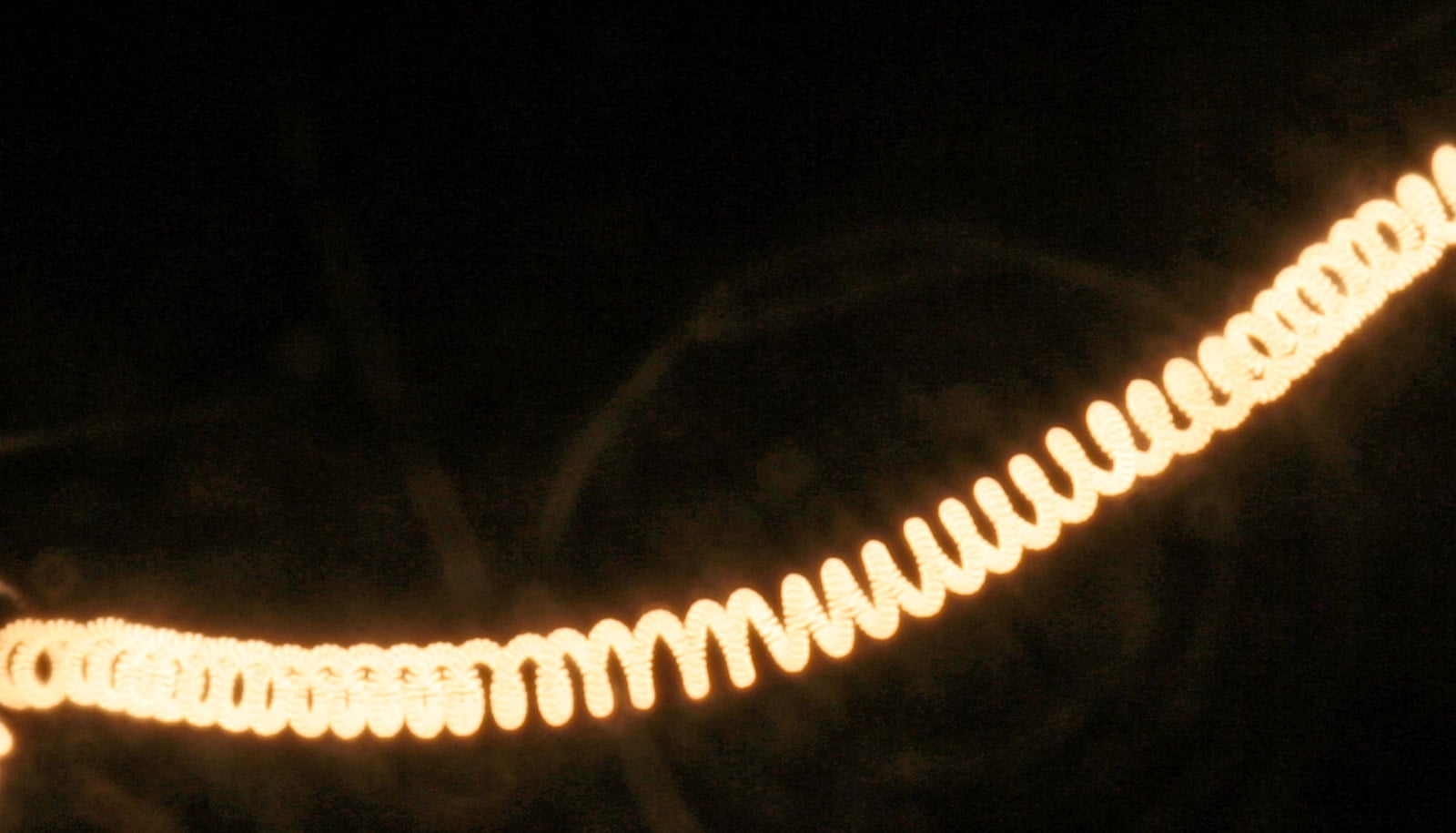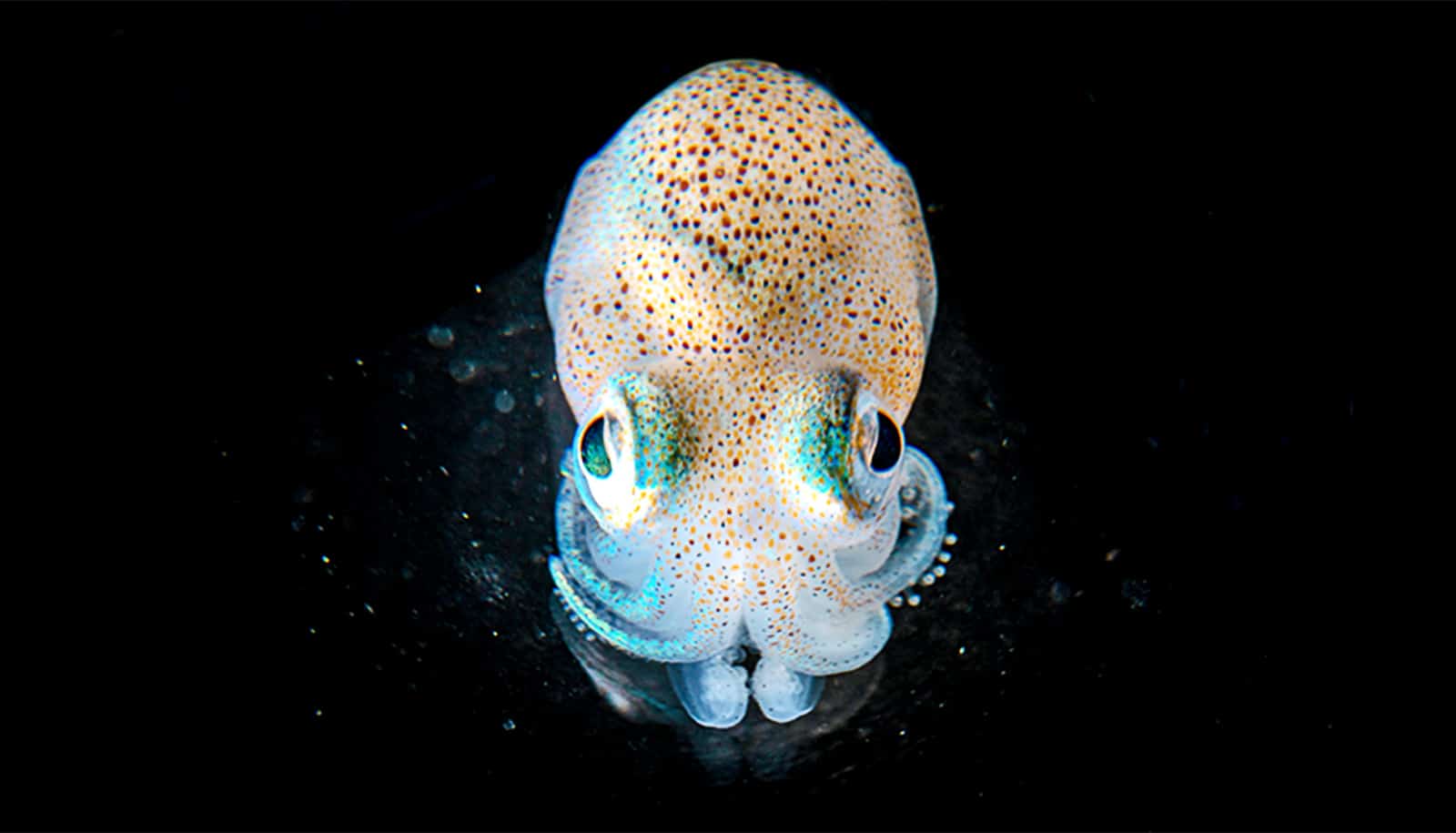Humans aren’t the first to find a way to exploit the benefits of CRISPR, researchers report.
Apparently, primitive bacterial parasites have been using CRISPR as a weapon in battle against one another for millions of years, according to their new study.
This discovery opens up the possibility to reprogram CRISPR to combat multi-drug resistant bacteria.
In recent years, the development of CRISPR technologies and gene-editing scissors in particular have taken the world by storm. Indeed, scientists have learned how to harness these clever natural systems in the biotech and pharmaceutical industries, among other areas.
“This is similar to how some birds compete for the best nesting site in a tree, or how hermit crabs fight for ownership of a shell.”
The researchers studied the least described and most enigmatic of the six CRISPR-Cas systems found in nature—Type IV CRISPR-Cas. Here, they uncovered characteristics that differ entirely from those in other systems.
“Until recently, CRISPR-Cas was believed to be a defense system used by bacteria to protect themselves against invading parasites such as viruses, much like our very own immune system protects us. However, it appears that CRISPR is a tool that can be used for different purposes by diverse biological entities,” says Rafael Pinilla-Redondo, a PhD in the biology department at the University of Copenhagen.
One of these biological entities are plasmids—small DNA molecules that often behave like parasites and, like viruses, require a host bacterium to survive.
“Here we found evidence that certain plasmids use type IV CRISPR-Cas systems to fight other plasmids competing over the same bacterial host. This is remarkable because, in doing so, plasmids have managed to turn the system around. Instead of protecting bacteria from their parasites, CRISPR is exploited to perform another task,” says Pinilla-Redondo.
“These ‘primitive parasites’ have been using them for millions of years, long before humans. It is quite a humbling realization.”
“This is similar to how some birds compete for the best nesting site in a tree, or how hermit crabs fight for ownership of a shell,” he says.
The discovery challenges the notion that CRISPR-Cas systems have only one purpose in nature, that is, acting as immune systems in bacteria. According to Pinilla-Redondo, the discovery gives some additional perspective, too.
“We humans have only recently begun to exploit nature’s CRISPR-Cas systems, but as it turns out, we are not the first. These ‘primitive parasites’ have been using them for millions of years, long before humans. It is quite a humbling realization”
The researchers speculate that these systems could be used to combat one of the greatest threats to humanity: multi-drug resistant bacteria. Hundreds of thousands of people die from MDR bacteria every year.
Bacteria become resistant to antibiotics by acquiring genes that make them resistant to antibiotic treatment. Very frequently, this occurs when plasmids transport antibiotic resistant genes from one bacterium to another.
“As this system appears to have evolved to specifically attack plasmids, it is plausible that we could repurpose it to fight plasmids carrying antibiotic resistant genes. This could be achieved because it is possible to program CRISPR to target what one wants” says Pinilla-Redondo.
The research appears in Nucleic Acids Research. Researchers at the University of Copenhagen; Philipps-Universität Marburg, Germany; the Danish Children’s Asthma Center at Herlev; and Gentofte Hospital conducted the work.
Support for the research came from the Independent Research Fund Denmark, Novo Nordisk Foundation’s Tandem program, the Lundbeck Foundation, Deutsche Forschungsgemeinschaft, and the Capital Region of Denmark and the Novo Nordisk Foundation’s Basic Bioscience program.
Source: University of Copenhagen



